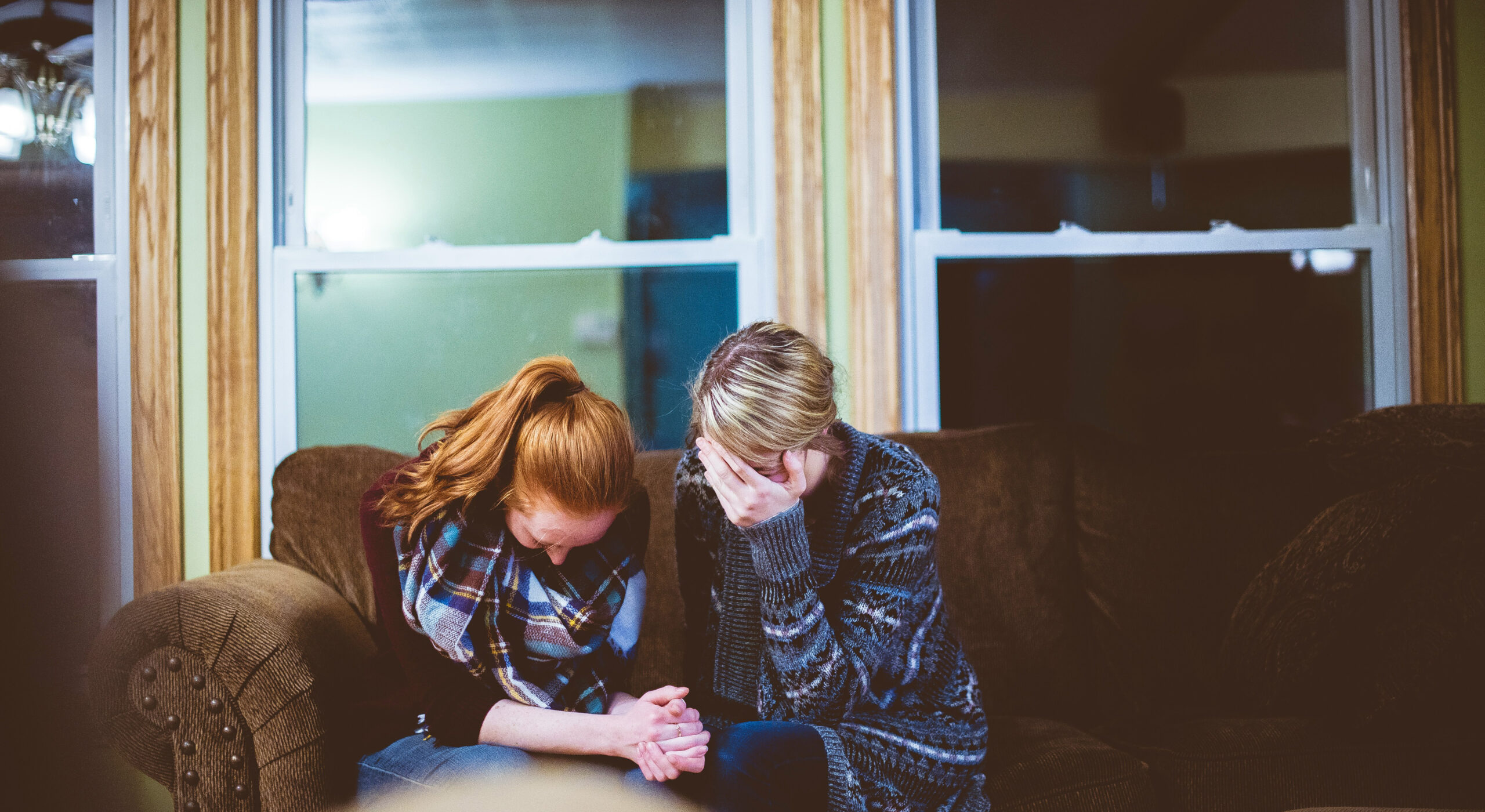For those of us who have lost loved ones, the holidays can be a particularly difficult time. For most this is a time of celebration, to spend joyful time with family and friends, and to be thankful and grateful for those connections. However, for those who have experienced loss, this time of year often serves as a reminder that those we cared for are gone. It can be difficult to experience the joy of the holidays, and some of us may even feel guilty when we do experience that joy again. When grieving the loss of someone important to us, the process continues. No matter when the loss occurred, it’s important to know that grief can return at different points, and the holidays can be big triggers for this grief. The pain dissipates over time, but it never truly goes away, and anniversaries and events such as a holiday often reopen the wounds of loss. For those of you who will experience this over this holiday season, I’d like to offer some help with managing your grief so you can both honor the loss and also remain in the present where joy can be recognized and attained.
-
Talk about it with others who share in your loss.
It is a natural instinct to avoid pain and suffering, so discussing the loss may seem counter intuitive. But it’s important to make sure you aren’t managing grief alone. Talking about the loss with those who understand can be incredibly healing. It is so important to be heard and understood, to have our experience validated, and this is most often achieved either with a professional counselor or with friends or family members who have had their own experience with loss. Be sure to choose someone who will be nonjudgmental and accepting of your experience. This person does not necessarily have to have experienced loss to be a healthy support for you, but frequently being able to speak with others who were also close to the lost loved one can be very cathartic and comforting for both parties. This allows you to share in your pain and see the universality of grief, to know that you are not alone in your suffering. It can also feel wonderful to be in a position to help others through their healing journey. This can also be a healing opportunity to honor the loved one’s memory.
-
Take care of yourself.
Self-care is extremely important when grieving a loss, especially during the holidays when there is so much else going on that can add stress. There is no one “right’ way to grieve, so try to understand your own grieving pattern. There are frequently bouts of crying, isolation, intense feelings (such as sadness, anger, etc.), or numbness. These can be followed by periods of joviality and socialization. Again, there is no “normal” way to grieve and there is certainly no time period after which you should be “over it.” Get to know and have compassion for your grieving process and the ways in which your emotions may cycle. Compassion means acceptance and the absence of judgment. Your body knows what it needs – trust it! If you seem to be staying in sadness that only worsens over time, it may be helpful to seek professional help in managing your grief, and that is all okay too.
-
Stay in tune with the present experience.
You can use simple grounding techniques to keep yourself in the present if you feel you are dwelling too much in the past or the future as it relates to your loss. Some techniques include:
- Going through the events of the day, identifying what you have already done and what you have yet to accomplish.
- Deep breathing techniques, such as taking a slow, deep breath in, holding it for 5 seconds, and slowly exhaling. Try to do it at least 5 times.
- Identifying 5 things in your present environment that are red, blue or any other color.
- Keeping a totem in your pocket or purse (like a button, some dice, or small stone) that you can hold in the palm or your hand and rub with your fingers to orient you to the present moment.












